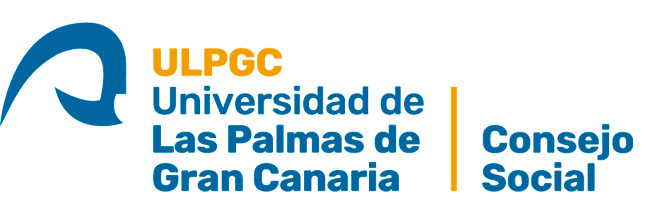The chairman of the Social Council, Jesús León Lima, and the honorary rector of the ULPGC and coordinator of the initiative, Francisco Rubio Royo, have presented the proposals of the Canarias Importa [The Canary Islands are Important] initiative to the new ULPGC governing team headed by the rector, Lluís Serra Majem, with the aim of proposing actions to design a development model for the archipelago in the face of the crisis caused by Covid-19.
Canarias Importa is the result of the task assigned by the ULPGC Social Council to a group of professionals from inside and outside the University. These 10 experts and more than 50 collaborators have worked for several months on the initiative, already presented to public authorities, political, economic, and social stakeholders, as well as to the general public.
The chairman of the Social Council, Jesús León Lima, stressed that this is an invitation to build a more resilient, cohesive, fair and inclusive society, with new business and social models and new methods of working: within all government agencies; between government agencies and private companies; and between government agencies, private companies, and social initiatives.
Francisco Rubio Royo, who has coordinated and steered both the team of experts and the ‘nerve centre’ which has made this possible, noted that “we decided to do something which is unique and different from the many existing initiatives. This is because we are dealing with a turning point that could speed up the paradigm shift that is needed in the Canary Islands: to be more digital, sustainable and diverse, with less dependence on tourism”.
He also concluded that the desired results are: diversifying the production system, driving emerging sectors, and developing existing sectors which have potential.
The initiative proposed a model based on providing an answer to short, medium-, and long-term requirements, for which courses of action have been designed. Regarding the long term, a map outlining the relationship between input-output actions has been proposed to provide an intelligent, positive and expansive tool for decision making.
For the medium term, an implementation manual has been designed based on 10 programmes with 30 initiatives, with the role of connecting and integrating the endeavours of different institutions in order to optimise and disseminate allocated resources.
Finally, for the short term, a set of 10 pilot actions has been devised which allows for change to begin being undertaken, integrated within an ‘umbrella’ programme called “Senior Resort School & Lab”, in order to link all the initiatives and to take advantage of the strength of tourism to drive the paradigm shift.


